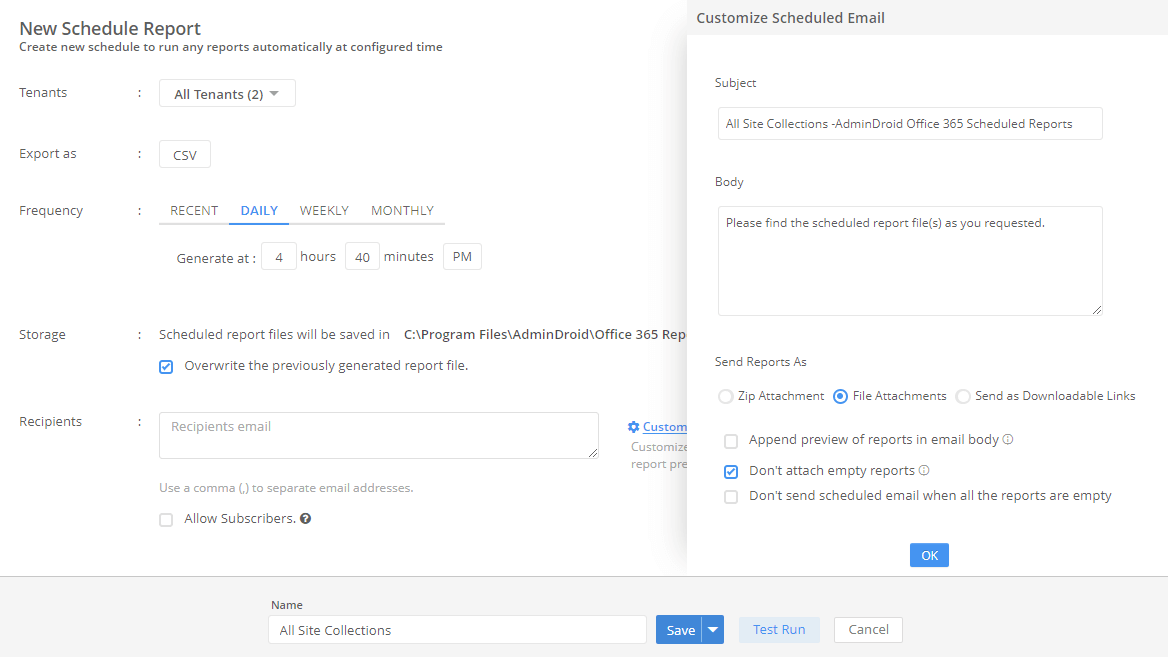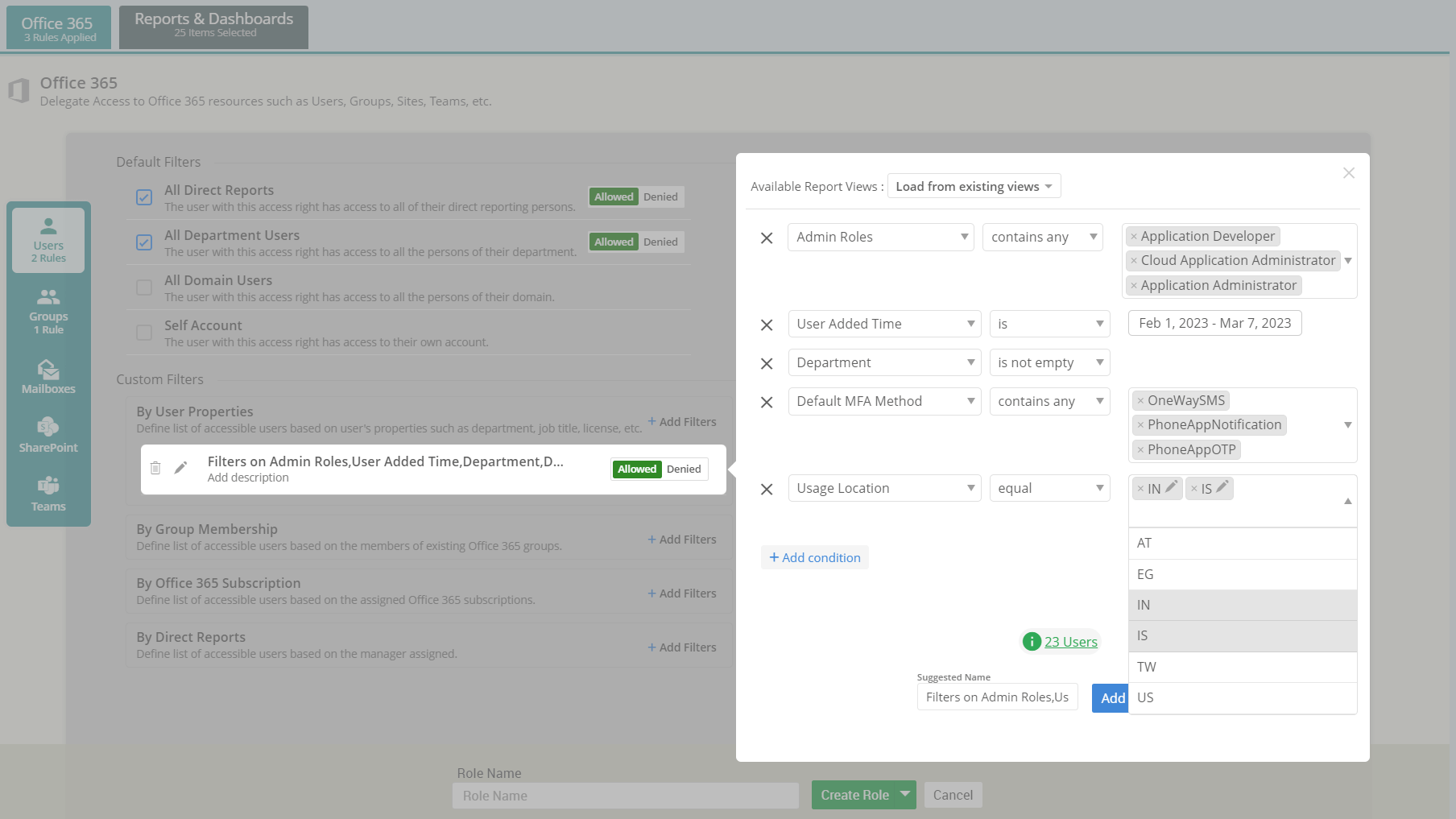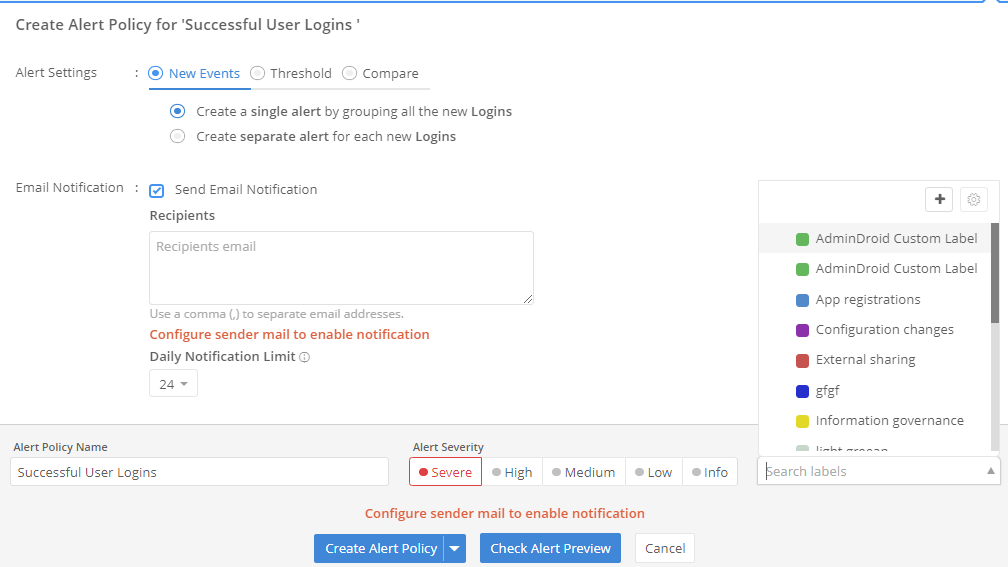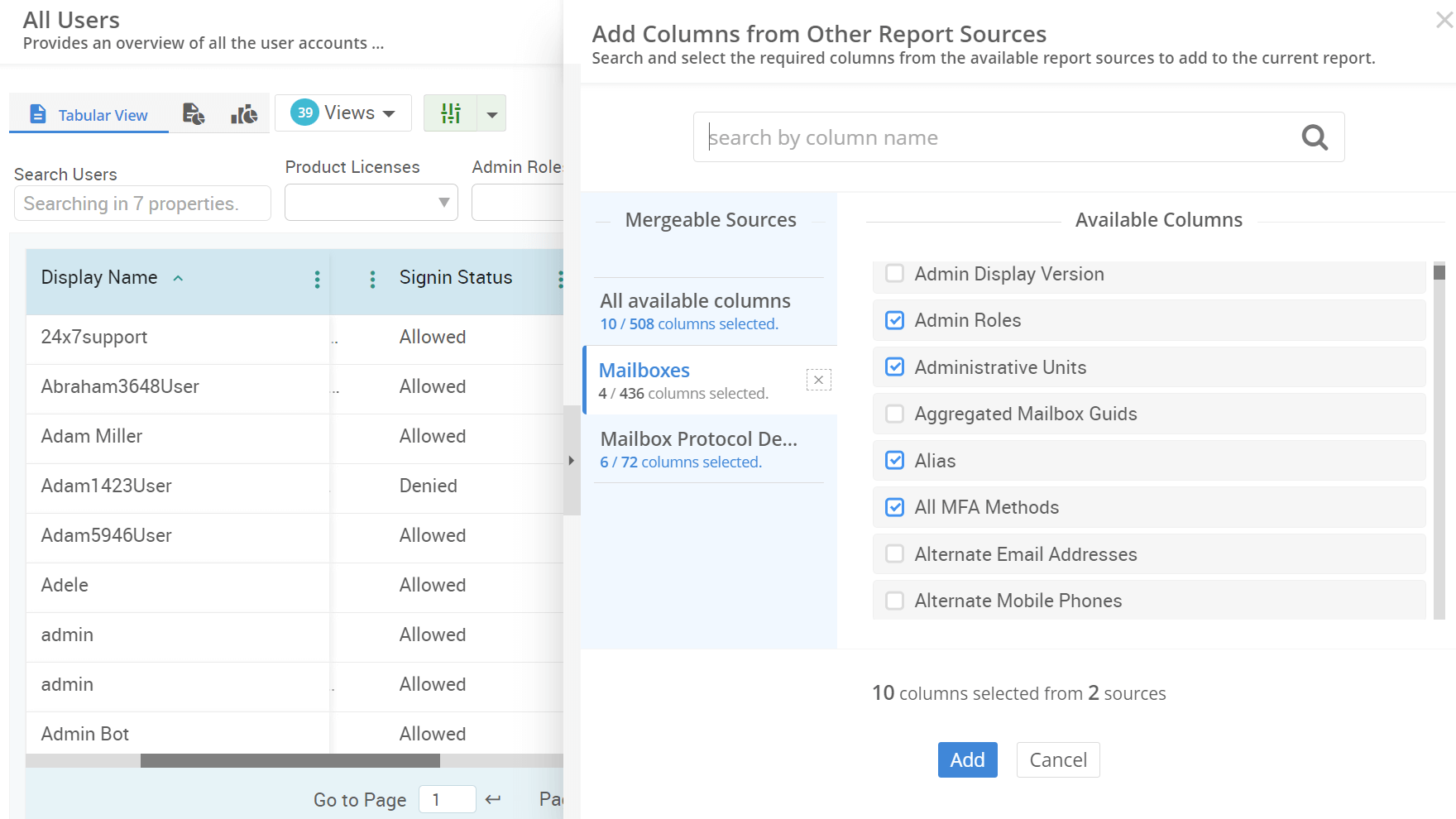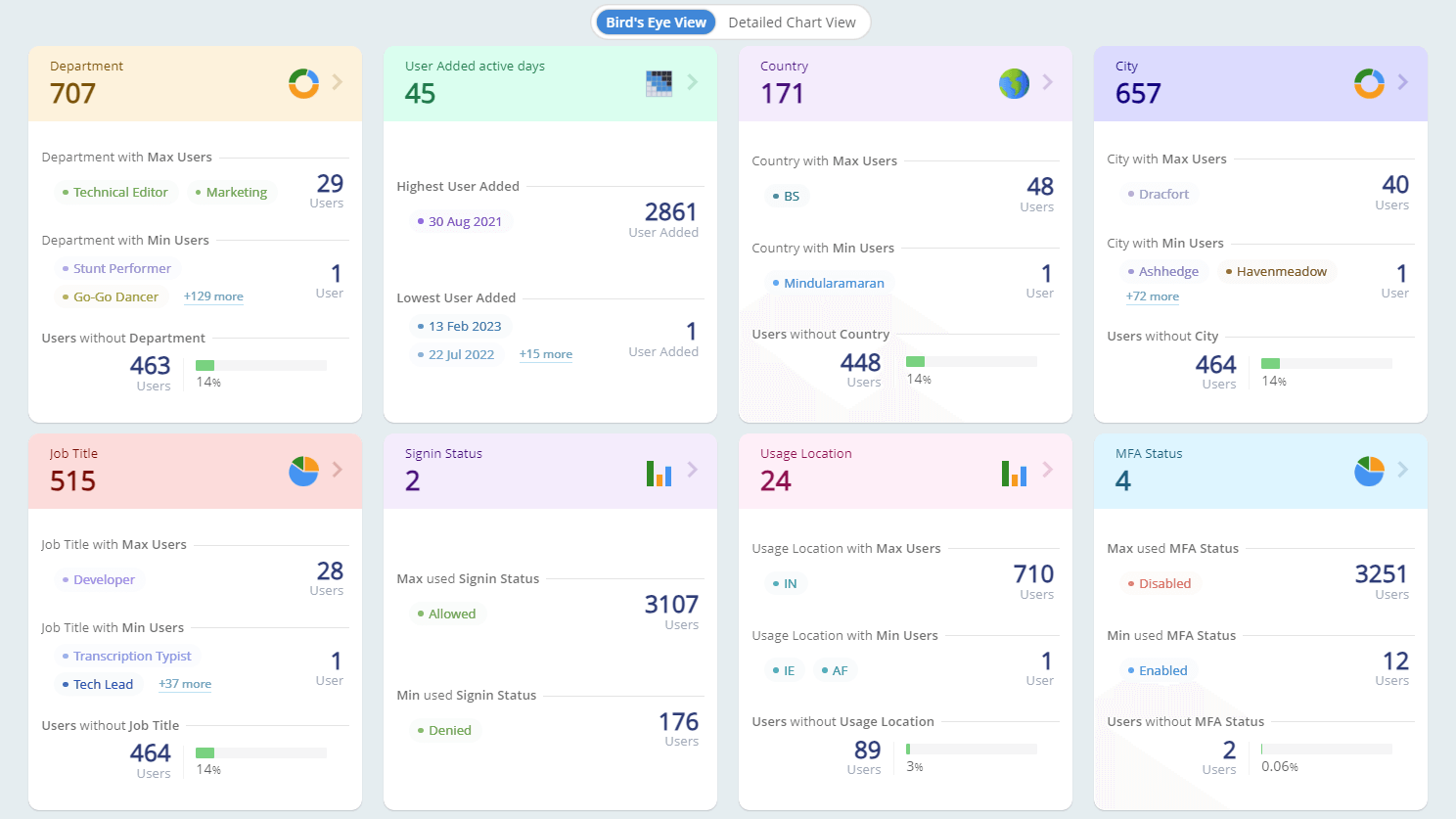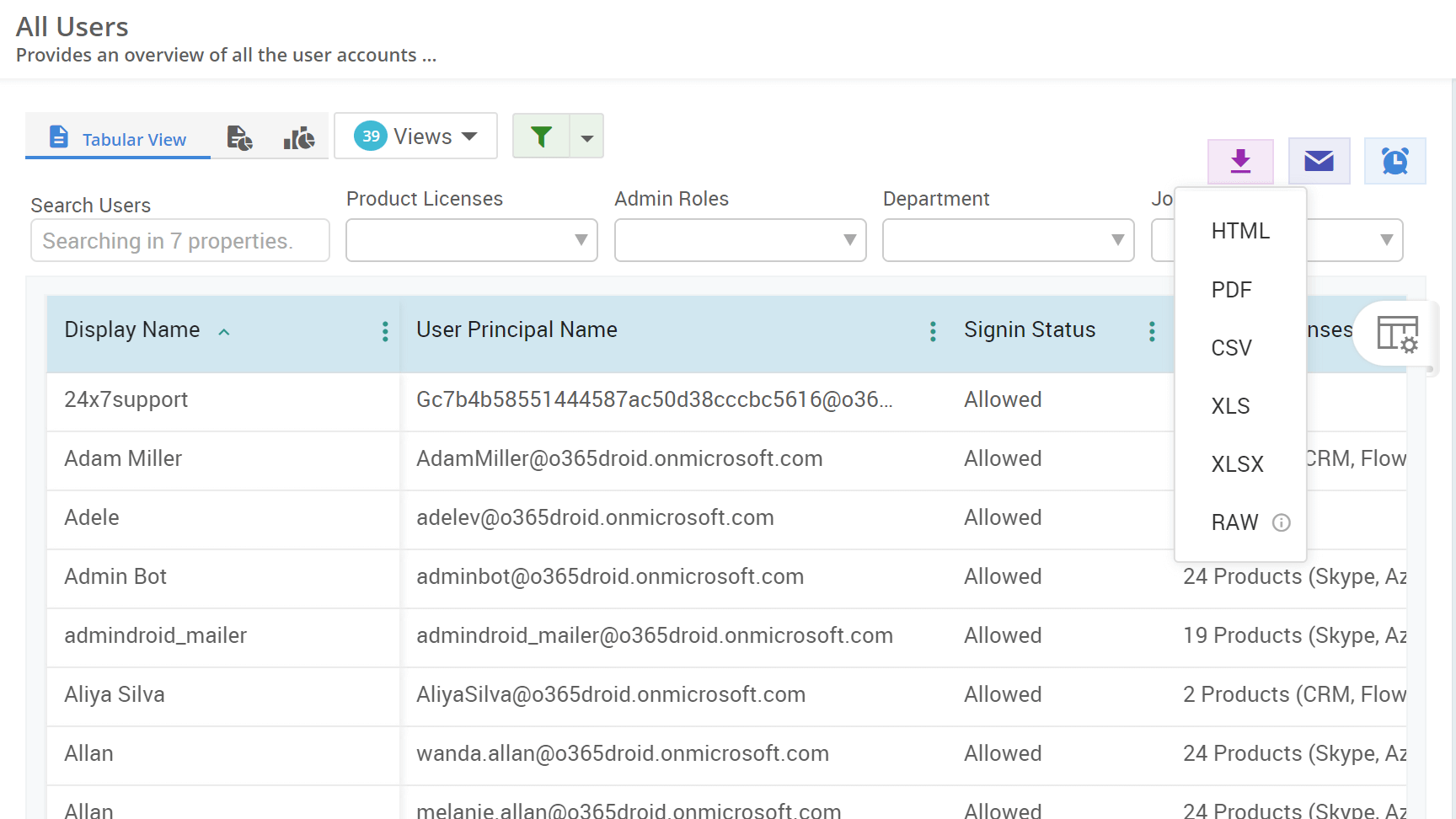How to Get Users Without MFA Report in Microsoft 365
Disabling multi-factor authentication (MFA) in Microsoft 365 is a critical one! Microsoft underscores the significance of MFA in protecting organizational identities, as it can prevent 99.9% of compromise attacks. Do you have users without MFA, leaving them vulnerable to security threats? We’re here to help you to check the MFA disabled users report in Microsoft 365 to defend against malicious attacks.













